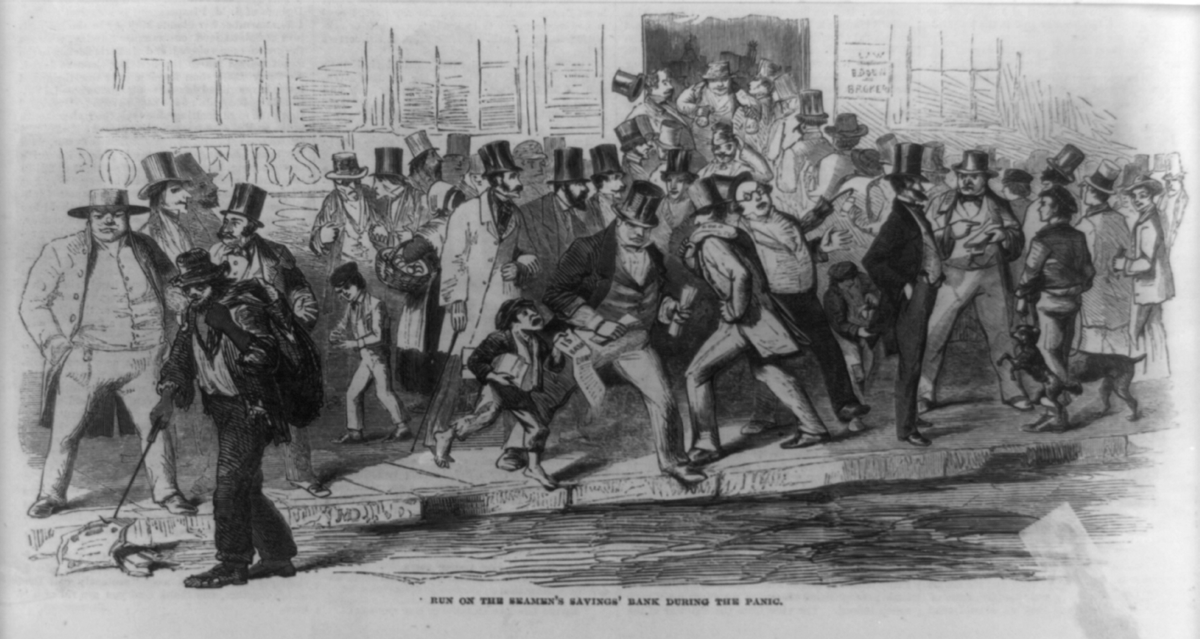What is particularly ironic about this is that the statement contained within itself the very needle that popped the financial bubble, and Irving Fisher should have realized this at the time he spoke. The reason for this is that there cannot be such a thing as a permanently high plateau in finance. If prices are high, they are per definition decoupled from underlying fundamentals. People are only holding onto such assets in the anticipation that they will go even higher. By declaring that prices no longer will go up, Irving Fisher was in effect calling the top. With no more gains to be expected, the rational thing to do was to sell.
Irving Fisher was a man that many people listened to. Speculators, with their leveraged bets on ever higher prices were suddenly in a rush to unwind their positions. They had to cover their debt. Prices were not going to go any higher, what then was the point in holding on to the assets? Without any fundamentals to support the price level, none of the speculators could afford to hang onto their investments. Dividend from their stock portfolios were nowhere close to covering the cost of their debt.
This, in short, explain why financial bubbles always pop. They never unwind gracefully because the fundamentals are incapable of sustaining such a process. Once speculators head for the exists, there is a rush to get out of positions. No one can afford to ride out the storm. Suddenly, everybody is a seller and there are no buyers. Only when prices are chap relative to the fundamentals, do the buyers reappear, and that price level is per definition very far down when prices are at "a high plateau."
Panic

No comments:
Post a Comment